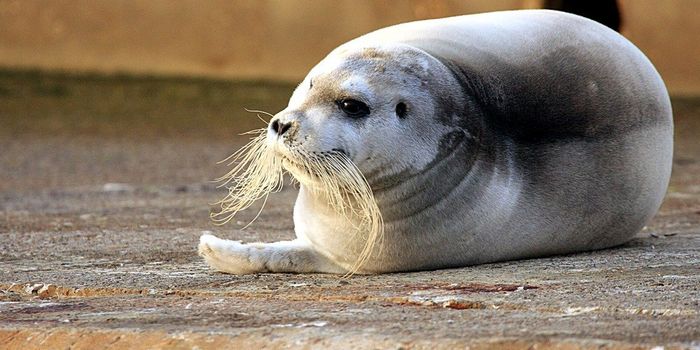Vibrio cholerae bacteria will fire toxins off when confronted with encroaching neighbors on crab shells. The process seems to induce strain cooperation. Bacteria that are carrying genes that make it immune to the toxin, the same gene that the attacking bacteria has, do not die off. Strains of V. cholerae that are genetically different are the ones that perish.
William Ratcliff of the Georgia Institute of Technology in Atlanta reported August 5 at the 2nd American Society for Microbiology Conference on Experimental Microbial Evolution that in both computer simulations and laboratory experiments, neighbor-to-neighbor assassination ends up separating a jumbled mix of random strains into a patchwork of same-strained clumps.
That resulting clumpy landscape seems to induce cooperation. For example, substances that are beneficial to the entire community end up getting secreted, explained Brian Hammer, a colleague at Georgia Tech.
Cooperative bacteria can be of particular interest because of their many roles, like the microbiome of the gut, or the formation of biofilms.








